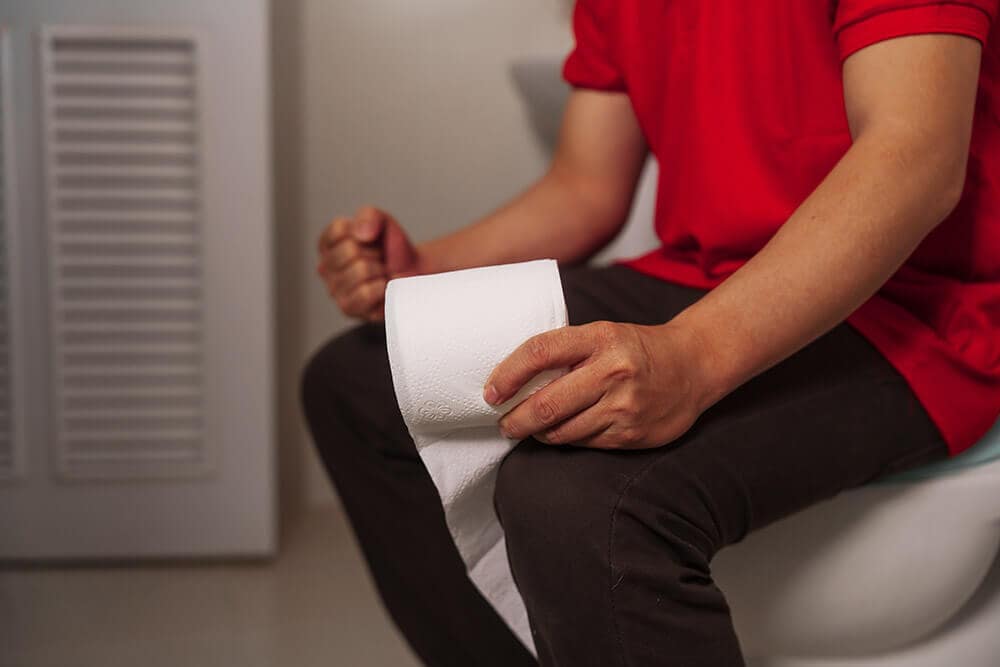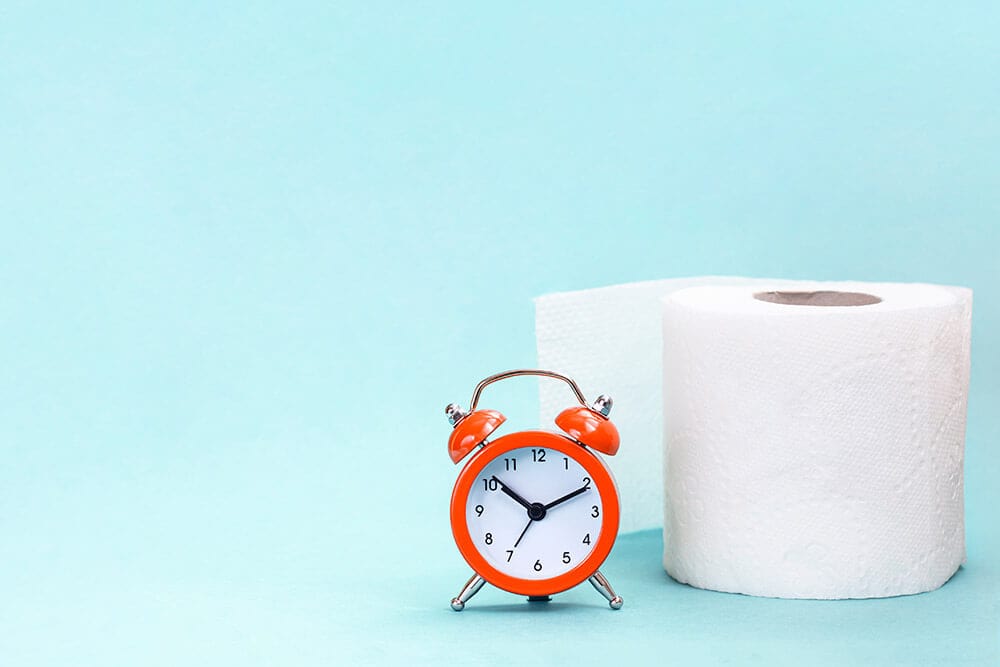Expert Treatment for Presbyesophagus by Dr. Bharat Pothuri
Dr. Pothuri uses a step-by-step approach:
Medical History and Symptom Review
He discusses your swallowing difficulties, epigastric discomfort, meal patterns and any history of reflux or lung disease.
Physical Examination
An exam of your neck, chest and abdomen to check for tenderness, muscle tone and any visible abnormalities.
Esophageal Manometry
Measures the strength, coordination and timing of esophageal muscle contractions during swallowing.
Barium Swallow Study
- Evaluates how contrast moves through the esophagus, highlighting areas of weakness or delay.
- Detects structural changes such as dilation, rings or strictures.
Upper Endoscopy (EGD)
Allows direct visualization of the esophageal lining to rule out inflammation, strictures or other organic causes of epigastric pain.
24-Hour pH Monitoring (if reflux is suspected)
Assesses acid exposure in the lower esophagus over a full day to determine the role of GERD.
High-Resolution Impedance Manometry (Advanced)
Combines pressure mapping with bolus flow measurement for a detailed analysis of motility disorders.

Frequently Asked Questions
What causes presbyesophagus in older adults?
Presbyesophagus results from natural aging: the esophageal muscles weaken and nerve signals slow over time. Long-term mild acid reflux, certain medications, smoking, or lung disease can also contribute.
Is presbyesophagus dangerous?
No. It's not a disease but an age-related change. However, if swallowing becomes difficult or you lose weight, it's important to get evaluated to rule out other conditions.
How is presbyesophagus different from dysphagia?
Presbyesophagus refers specifically to age-related weakening of the esophagus. Dysphagia is a general term for swallowing difficulties that may have many other causes.
How is the condition diagnosed?
Dr. Pothuri uses esophageal manometry to measure muscle strength, a barium swallow to watch food movement, and endoscopy to exclude other issues before confirming presbyesophagus.
Can diet alone fix the problem?
Diet and lifestyle changes-like eating smaller meals, chewing well, and raising the head of the bed-help many patients. If symptoms persist, medications or a minor procedure may be added.
How fast is recovery after dilation?
Most patients resume normal eating within 24 hours. Many feel immediate relief of swallowing discomfort after an endoscopic dilation.
Does insurance cover the tests and treatments?
Yes. Most health plans cover diagnostic tests (manometry, barium swallow, endoscopy) and treatments. Our team at GastroDoxs can assist you with benefit verification.












